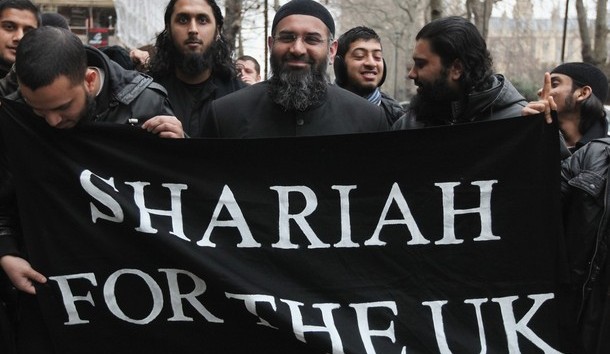The United Kingdom: Towards a Counter-Extremism Strategy
And now the hard work of government begins. The release of the government’s counter-extremism strategy is a very promising start. This strategy lay in a drawer in the final months of the last coalition government, blocked by objections from the Liberal Democrats. But now the much-needed full strategy has been released and it reveals a comprehensive method for tackling violent and non-violent extremism.
One of the challenges of this area has always been to ensure that no department or other sector of government fails in its duty. There have been cases in the past of government departments effectively having different policies on violent and non-violent extremism, and other government bodies having different policies again. That is why a comprehensive strategy, to be implemented across government, is so needed. Today counter-extremism is as much a matter for the Department of Education as it is for the Foreign or Home Offices.
The Henry Jackson Society has of course followed this whole process carefully, and we are delighted to see the adoption of a number of policies we have urged on successive governments. For instance we are pleased that the strategy will give a greater remit to the Charity Commission to seek out charities which misappropriate funds and use them for terrorist purposes. The possibilities for charitable status to be abused in such a way is something which we have long highlighted, and it is to the great benefit of the entire country that the Commission now has a leadership which is actively chasing such offenders and that the government is willing to give them even greater capacity for doing so.
The strategy also gives additional regulatory powers to Ofcom – the television licensing authority – in a demonstration that the strategy genuinely sees this problem in the round and understands the nature of the threat. In recent years propaganda stations like the Iranian-government funded Press TV consistently flouted broadcasting regulations, giving partial, biased and misleading information to its viewers. It was not until Press TV broadcast forced confessions from within an Iranian jail after the 2009 student uprisings in Iran, that Ofcom stepped in and took away the station’s ability to broadcast in the UK. But this should have been possible at a far earlier stage. Today there are still Islamist-linked television stations in the UK which pump out divisive and extremist opinion while presenting it as wholly mainstream. Again this is something which needs to be assiduously addressed.
The new strategy will be announced in the Queen’s Speech and be voted on in the House of Commons after that. It could not come at a more important time. Just this week the Metropolitan police said that arrests on terrorism-related offences have hit an all-time high. There will be reasons to quibble with portions of the government’s new strategy – as we have ourselves – but the need for such a strategy can hardly be doubted.


